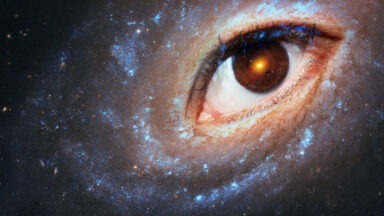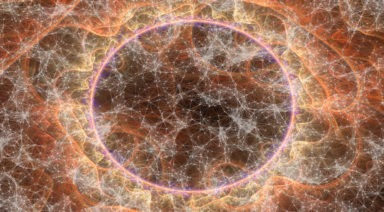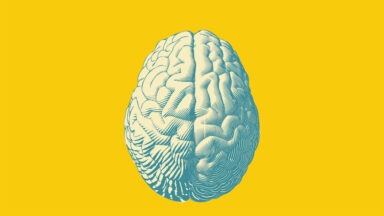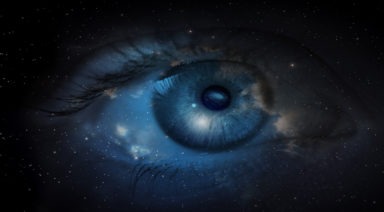Psychic Numbing Might Explain Our Desensitization to Negative News

It’s fairly easy to become desensitized to the negative events going on in the world, and often it feels necessary to numb ourselves from the constant barrage of the 24-hour news cycle. We’re exposed to death and tragedy, to the point of exhaustion. And that’s exactly what happens, we become exhausted and tune out, in a process that has been referred to as psychic numbing or compassion fatigue.
Psychic numbing was coined by Robert Jay Lifton, a psychiatrist who developed the concept when speaking to victims of Hiroshima. Psychic numbing is often a product of post-traumatic stress disorder, but just about anyone can be susceptible to it. In fact, it is almost a natural human reaction out of an inability to comprehend large, abstract numbers or overwhelming data. So, what can we do to combat this apathy, or is it even possible to combat?
What is Psychic Numbing?
The seemingly interminable amount of death, starvation and suffering that is transmitted to us comes from many sources. Media is so pervasive and addictive that it is often difficult to censor all the negativity that comes with it. So instead, we have an innate tendency to block out our emotional response. When reality becomes intolerable, our minds need to escape and diminish that emotional reaction. This can also happen with positive things. Overconsumption of things like food, sex and any other enjoyable stimuli can lead to a diminished return, essentially diluting the satisfaction that you receive.
For humanitarian crises, war or terrorism, this dilution comes in the form of a lack of empathy. Our initial response to something like genocide might be to donate money, raise awareness or pressure a politician to act on our behalf. But once that number surpasses a certain threshold, whether it’s the frequency of crises or the amount of people affected, it becomes more and more difficult to comprehend and the amount of sympathy you can muster exponentially decreases.
Psychologists, like Paul Slavic, believe this to be related to our attachment to images. These images, whether physical or in our mind, become associated with emotions that we attach to them. Sounds, smells and memories are relevant to these images that become variables in developing our levels of empathy. But those images need to be accessed in order to tap into that emotional response. We need to devote attention in order to access those empathic feelings.
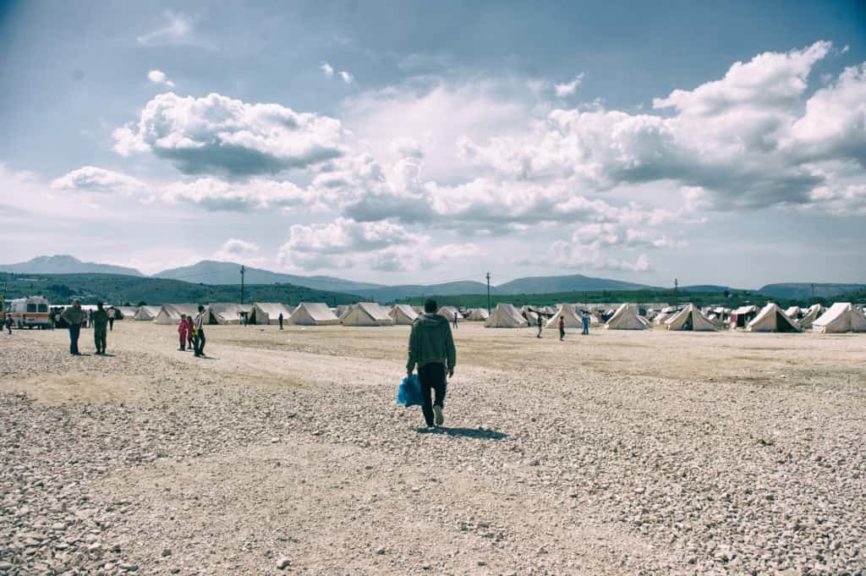
When it comes to large scale catastrophes, those images aren’t easily accessible, and the greater the number of victims, the less we feel like we can do to make an impact. It stems from how we conceptualize an event as a whole. Although we might see every life as being equal, the value of saving one life seems greater if there is only one life in danger, or one life within a small group. But when it’s a matter of saving 5,321 lives or 5,322 lives, the value of that one life is harder to conceive and becomes significantly diminished. Slavic calls this psychophysical numbing, our inability to appreciate losses of life as they increase.
But why do our minds think this way? It likely has to do with the feeling of inefficacy, that any contribution or effort to help, won’t have a significant effect – or at least one that is noticeable.
When we have an image to associate with suffering however, feelings of empathy tend to rise. This phenomenon has been seen in images that have gone viral that have represented the plight of refugees. Images of dead or shell-shocked children that have drawn attention in the media and come to symbolize the Syrian refugee crisis have been directly correlated with massive spikes in donations and humanitarian efforts. When we have a visual basis for somebody we can help, and the subsequent effect we have on them, our desire to help increases and feels more rewarding.

How to Avoid Desensitization to Bad News
So, what does one do to be more compassionate and generate more empathy? The first step is simply having awareness. Awareness of what is going on with the crisis at hand and awareness of our own tendencies to block out those emotions when they become overwhelming is key. If we become numb to atrocity, it perpetuates more atrocities. Another answer is to think small. It is possible to make the world better, by thinking small. Although it might seem insignificant, donating time, money and energy to a cause, with the potential to save or impact one life is meaningful and worthwhile.
Numbing oneself to negative news can even be seen as a privilege. Passivity to social and humanitarian injustices can be tantamount to compliance or acceptance. Being aware, outspoken or taking the smallest action is the least we can do to combat negative events. Collective, conscious action and the power of intention can have some profound effects on our society with the ability to enact change.
And it doesn’t have to be something like genocide or war; issues like climate change have become diluted by psychic numbing. The looming threat of climate change can be so daunting and feel like we are past the point of no return, but if we become completely numb to the subject, it will undoubtedly become worse. Identifying a lack of empathy or motivation due to psychic numbing is the first and most important step. We can’t let the powers that be inundate and overwhelm us to the point of becoming numb. Because when we become numb, we stop paying attention.
3 Ways to Positively Reprogram Your Subconscious Mind

What is Your Subconscious?
Our subconscious is the part of our minds that connects the subtle patterns needed to function in life. Our subconscious is programmed to carry out simple tasks so our conscious mind can ponder the complex.
Our brain functions are incredibly intricate with many facets still not fully understood. In computing terms, the number of operations per second that our brains are responsible for reaches into the thousands of trillions. While that number is truly impossible to conceptualize, to put it into perspective, one of the world’s fastest supercomputers was made to mimic one second of one percent of human brain operation by using 83,000 processors – it took the computer 40 minutes to complete the task.
And though our brains are far superior to these artificial processors, like a computer, certain elements of our brain functions can be programmed in different ways. Our brains are conditioned from a young age and from many directions, including society, family, and academia. Some of this conditioning is necessary and desired, but there are also subliminal elements that fly under the radar and can often be subversive and self-defeating. But the good news is that there are conscious steps one can take to correct this.






